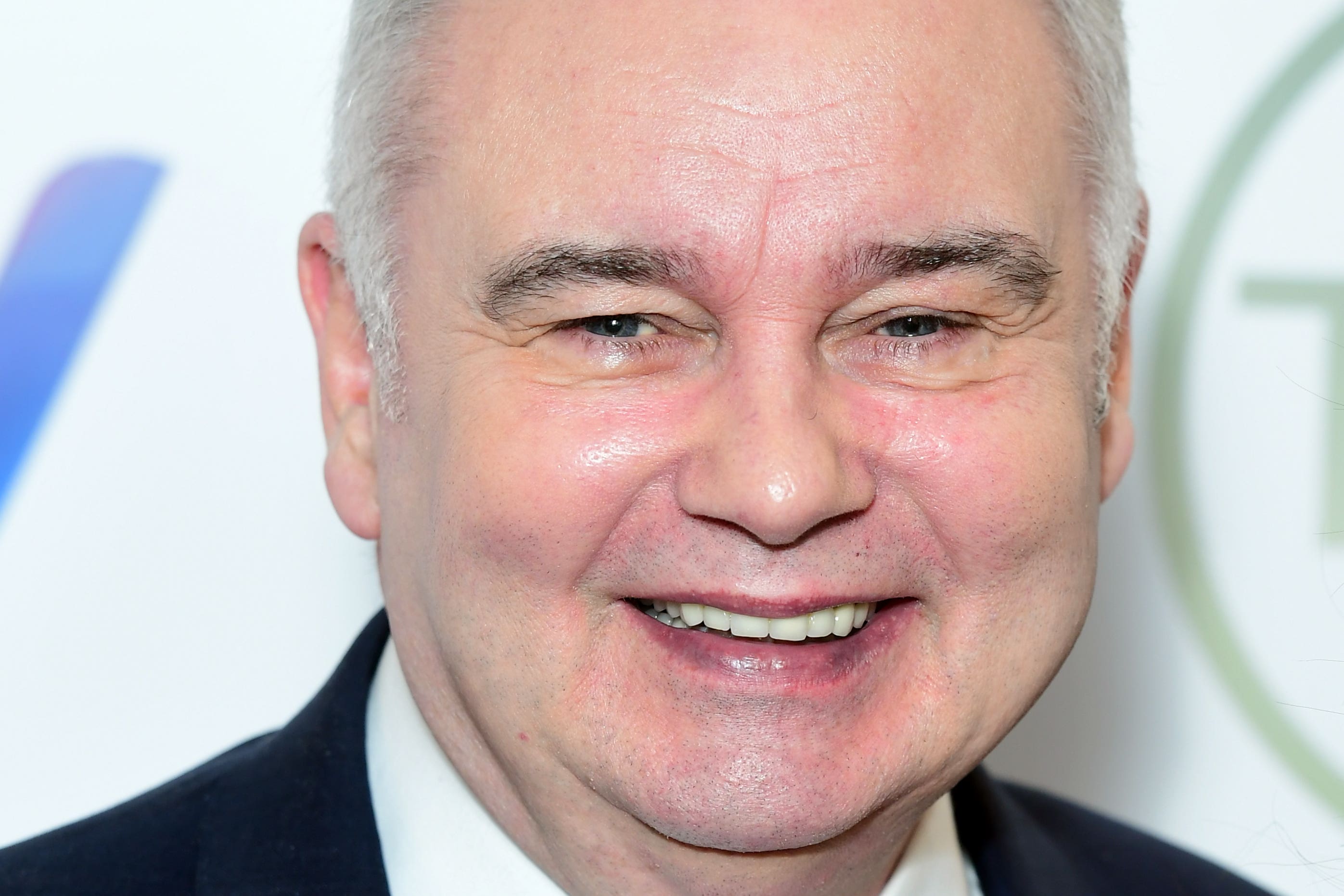TV presenter Eamonn Holmes loses appeal over tax ruling
Judges have upheld a tribunal’s ruling that he should be treated as an ITV employee for tax reasons – not a freelancer.

Your support helps us to tell the story
This election is still a dead heat, according to most polls. In a fight with such wafer-thin margins, we need reporters on the ground talking to the people Trump and Harris are courting. Your support allows us to keep sending journalists to the story.
The Independent is trusted by 27 million Americans from across the entire political spectrum every month. Unlike many other quality news outlets, we choose not to lock you out of our reporting and analysis with paywalls. But quality journalism must still be paid for.
Help us keep bring these critical stories to light. Your support makes all the difference.
Eamonn Holmes has lost an appeal over a tax ruling associated with his earnings as a presenter on This Morning.
Upper Tribunal judges upheld a previous decision that the 63-year-old broadcaster should pay tax as an ITV employee for his work on the programme, rather than as a freelancer.
In a judgment given on Wednesday, Mr Justice Mellor and Judge Jonathan Canna said they were “satisfied” that the First Tier Tribunal which originally dealt with Mr Holmes’ claim in 2020 “considered the overall picture”.
They said they were not convinced by Mr Holmes’ lawyers assertion that the tribunal overlooked “characteristics which might have indicated that the ITV contracts were part of Mr Holmes’ self-employed business activities”.
The judgment added that Mr Holmes declared “profits from self-employment included on his tax returns” from 2011 to 2015 of “between £169,371 and £348,286”.
Now a GB News anchor, Mr Holmes presented This Morning alongside his wife Ruth Langsford every Friday for 15 years until announcing his departure in November 2021.
He brought the case against HMRC over the income tax and national insurance it levied on the money which ITV paid to Mr Holmes’ company Red, White and Green Limited between 2012 and 2015.
HMRC said Mr Holmes needed to pay tax under what are known as off-payroll working rules because, if he has a contract directly with ITV, he is classed as an employee.
Lawyers representing Mr Holmes argued that the journalist was freelance and his income was accounted for as being from self-employment.